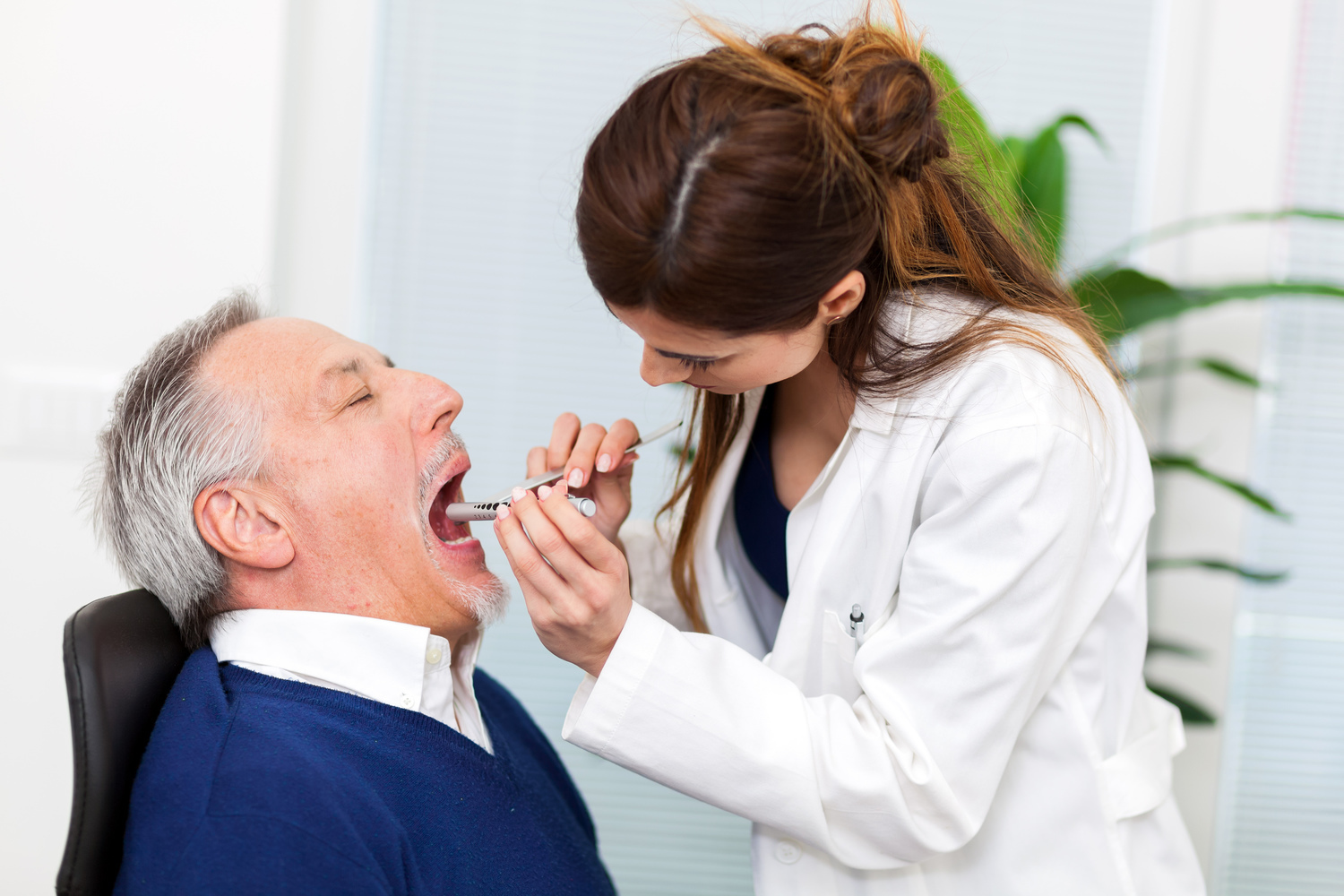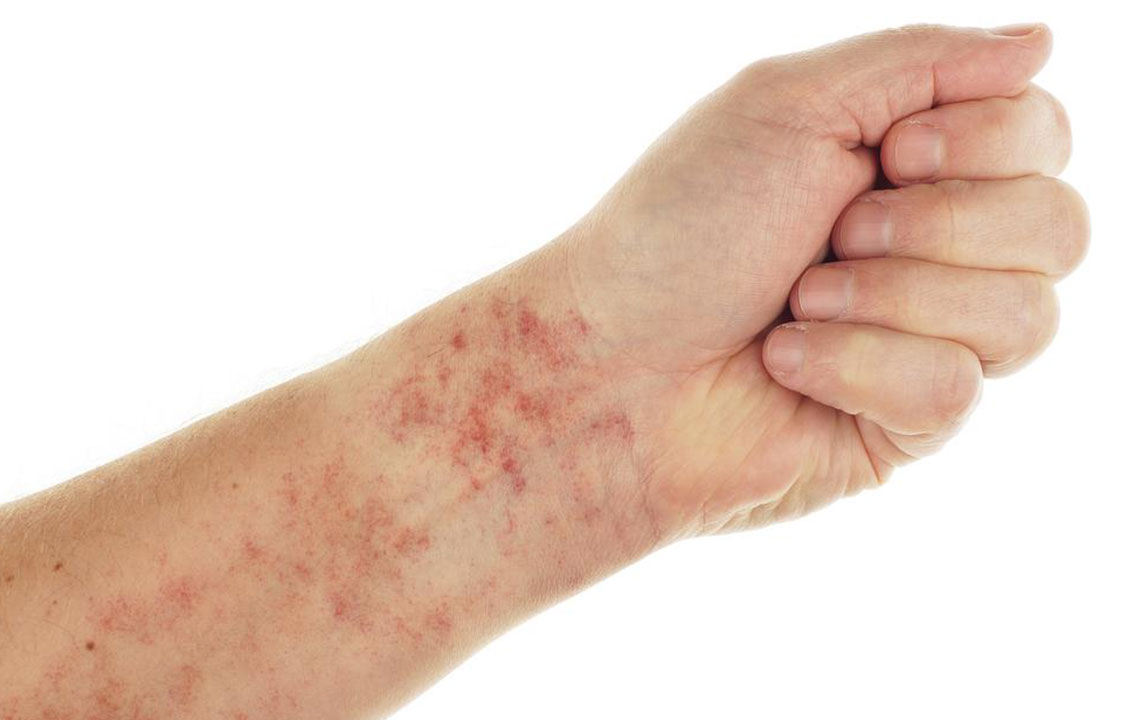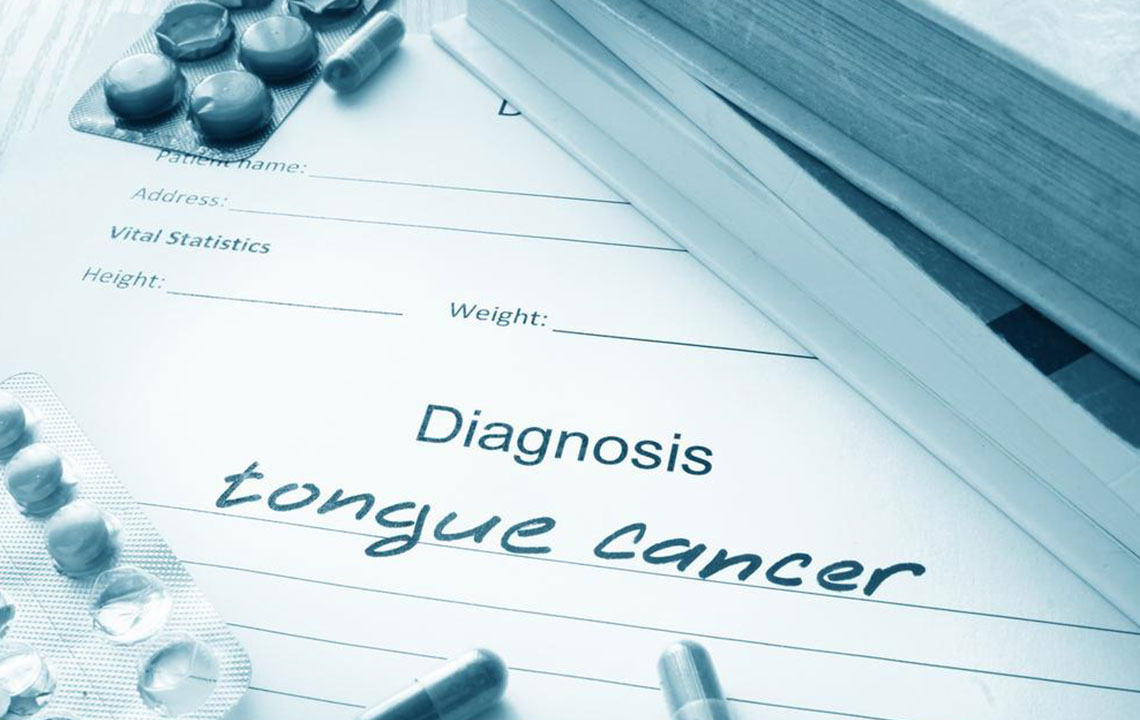Comprehensive Guide to Managing and Preventing Tongue Cancer
This comprehensive guide explores the diagnosis, treatment options, and prevention strategies for tongue cancer. It emphasizes early detection's importance and discusses cutting-edge medical techniques like surgery, radiation, and chemotherapy. Preventive tips such as smoking cessation, HPV vaccination, and maintaining oral hygiene are also highlighted. Perfect for patients and healthcare providers, this article aims to improve understanding and management of tongue cancer, ultimately contributing to better outcomes and higher survival rates.

Effective Strategies for Treating and Preventing Tongue Cancer
Tongue cancer, a specific form of oral malignancy, occurs when abnormal cell growth develops in the front two-thirds of the tongue's tissue. This disease predominantly affects adults and is relatively rare among children, but it requires prompt diagnosis and effective management to improve outcomes. It is important to distinguish tongue cancer from other forms of head and neck cancers, especially those originating in the back part of the tongue, which are classified separately and often require different treatment approaches. Generally, tongue cancer develops from squamous cells lining the surface of the tongue, and an understanding of its causes, symptoms, and management options is vital for patients and healthcare providers alike.
Like many other types of cancer, tongue cancer results from uncontrolled proliferation of abnormal cells forming a tumor. This uncontrolled growth may invade surrounding tissues and, in advanced stages, spread to regional lymph nodes or distant sites in the body. Most cases of tongue cancer are linked to lifestyle factors such as tobacco use, excessive alcohol consumption, HPV infection, and poor oral hygiene.
Understanding the key treatment options is crucial for effective management of tongue cancer. Early diagnosis often significantly improves prognosis and survival rates. Here, we explore in detail the methods of diagnosing, treating, and preventing tongue cancer to provide comprehensive knowledge for patients, caregivers, and healthcare professionals.
Diagnosis of Tongue Cancer
Medical History Review: The diagnosis process begins with a detailed review of the patient's medical history, including symptoms, lifestyle habits such as smoking, alcohol intake, and previous health conditions.
Family History and Risk Factors: The doctor assesses any family history of cancer and considers risk factors like HPV status, tobacco, and alcohol use, which are significant in tongue cancer development.
Physical Examination: A thorough oral examination is conducted to look for visible signs such as ulcers, persistent sores, lumps, or abnormal tissue growths on the tongue or within the oral cavity.
Lymph Node Check: Swellings or abnormalities in the nearby lymph nodes, particularly in the neck, are carefully examined because they may indicate metastasis.
Biopsy Procedures: If suspicious lesions are identified, a biopsy is performed to confirm the diagnosis. This involves removing a small sample of tissue for laboratory analysis to detect cancer cells.
Biopsy Techniques: Most biopsies for tongue cancer are incisional, involving removal of a small tissue sample under local anesthesia. Recently, brush biopsies, which use a tiny brush to collect cells from suspicious areas, have gained popularity due to their minimally invasive nature.
Lab Analysis: Extracted cell samples are sent to specialized labs where pathologists examine them microscopically to determine the presence or absence of malignant cells.
Imaging for Staging: Advanced imaging techniques such as computed tomography (CT), magnetic resonance imaging (MRI), and PET scans help define the extent of the tumor, whether it has invaded nearby tissues, and if distant metastases are present.
Surgical Options in Tongue Cancer Treatment
Early-stage tumors are primarily managed through surgical removal of the primary cancerous lesion. Surgery aims to excise the tumor with clear margins to ensure complete removal.
In cases where cancer has spread regionally, particularly to lymph nodes in the neck, lymphadenectomy (lymph node removal) may be performed.
Surgical procedures vary depending on tumor size and location. Small tumors may be removed with minimal impact on functions like speech and swallowing, while larger or more invasive tumors might necessitate more extensive resections, potentially affecting oral functions.
Radiation Therapy for Tongue Cancer
Targeted radiation therapy plays a vital role in controlling tumor growth. It employs high-energy radiation beams focused precisely on cancerous tissues to damage or destroy malignant cells.
Modern radiation techniques, such as intensity-modulated radiation therapy (IMRT), allow high doses of radiation with minimized damage to surrounding healthy tissue, reducing side effects.
Typically administered daily over several weeks—often about 6 to 8 weeks—radiation therapy is used either as a primary treatment or adjunct to surgery, especially in cases where surgical options are limited or the tumor is inoperable.
Chemotherapy in Managing Tongue Cancer
Chemotherapy involves the use of potent drugs that target rapidly dividing cancer cells. It is frequently combined with radiation therapy (chemoradiation) to enhance the effectiveness of treatment, particularly in advanced stages or when there is regional lymph node involvement.
Different chemotherapeutic agents are used to attack cancer cells at various stages of their life cycle, thereby reducing the risk of resistance.
Postoperative chemotherapy may be employed to lower the chance of recurrence, slow tumor progression, or alleviate symptoms in cases of unresectable or metastatic disease.
Preventive Measures for Tongue Cancer
Quit Smoking: Tobacco use is one of the primary risk factors. Quitting smoking significantly reduces the chance of developing tongue and other oral cancers.
Avoid Tobacco Products: Besides cigarettes, avoid smokeless tobacco and other tobacco-containing products entirely.
Limit Alcohol Consumption: Excessive alcohol intake synergistically increases the risk of oral cancers; moderation or abstinence is recommended.
Maintain Oral Hygiene: Regular brushing, flossing, and dental checkups help prevent infections and abnormal tissue growth.
Dietary Habits: Incorporate a diet rich in fruits, vegetables, and leafy greens, which contain antioxidants that may provide protective benefits.
HPV Vaccination: Getting vaccinated against the human papillomavirus (HPV), particularly strains associated with oral cancers, can help reduce risk.
Routine Screenings: Regular dental and oral examinations enable early detection of suspicious lesions, greatly improving treatment success rates.
In conclusion, managing tongue cancer requires a combination of precise diagnosis, tailored treatment plans, and proactive preventive measures. Early detection remains paramount in improving survival outcomes. Patients should maintain healthy lifestyle habits, undergo regular medical checkups, and seek prompt medical attention if symptoms like persistent mouth sores, lumps, or pain occur. Advances in medical technology continue to enhance treatment efficacy and quality of life for those affected by this disease.





